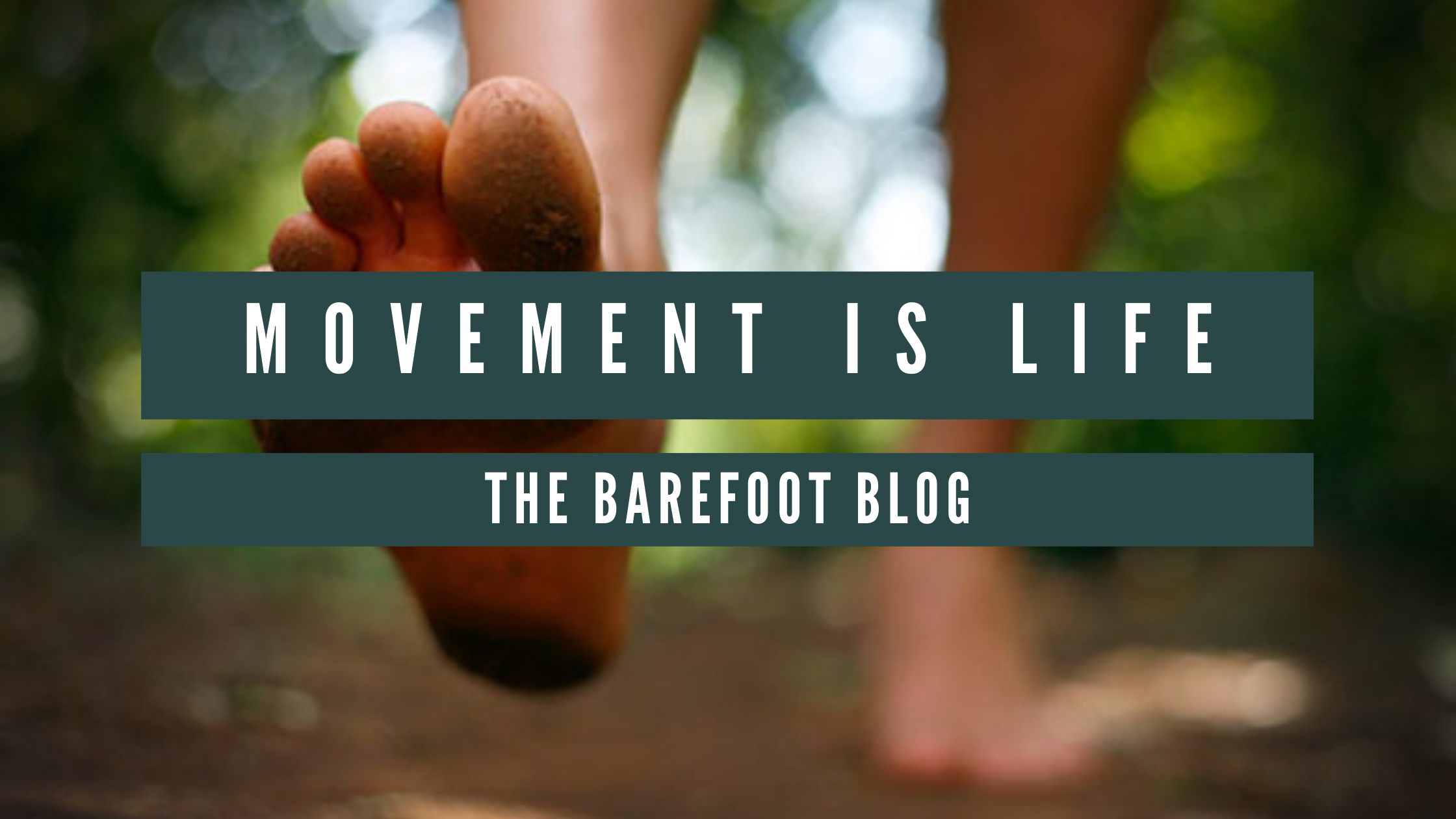Movement Is Life

Movement is life. Every single thing we do, from birth until death, involves movement of some kind - whether that’s walking, talking, eating, breathing or laughing or anything in between, it all involves movement in some capacity. In fact, the only reason for a brain is to perform complex and adaptable movements. Humans, with the largest brain in the animal kingdom (relative to body size), have the greatest potential for these movements - perfect examples are our ability to make tools and technology and to use complex language. This capacity for movement has led to our dominance of the animal kingdom and world at large with the development of civilisation, agriculture and industry.
This advancement of technology and societal structures, especially in the more affluent Western societies, has led to an overwhelming decrease in the amount and variety of movement that most humans need to perform on a daily basis. Historically, humans needed to move almost constantly throughout the day in order to find or prepare food, build shelters, escape predators and protect or connect with their tribe. These days most of us have the ability to tap a few buttons on our phone screens, in the safety of our walled/sanitised/air-conditioned house, and food will arrive at our doorstep, delivered by a complete stranger.
In many ways we are blessed to be in this situation - our risk of death from predators, weather extremes, starvation and infection are far lower now than ever before. We can connect instantly to any human virtually anywhere in the world through the power of the internet. We can exchange information and resources globally with unprecedented speed and efficiency. From the perspective of our ancestors, it would appear we are living in a golden age of abundance and prosperity.
There is a problem though... our bodies and our planet are suffering. Every single system in our body relies on frequent, variable movement to function optimally - without it, our bodies gradually become more and more dysfunctional and diseased. Our muscles weaken, our joints ache, our arteries stiffen, our immune system suffers, our brain degenerates. We become less energetic, less social, less joyful. We start to feel fragile, anxious, depressed. We hurt, physically, mentally and spiritually.
Our planet hurts too. Outsourcing our own movement to technology or other animals takes a massive toll on the Earth - fossil fuels, monoculture farming, deforestation, chemical pollutants, overpopulation and the current mass extinction event are just some of the effects we are experiencing. We view ourselves as somehow separate from nature or even better, smarter and more advanced than nature. But the reality is that we are not separate and what we inflict on the planet, we inflict on ourselves.
So what can we do about such a massive and complex problem? It all starts with ourselves and reconnecting with as much movement as we can in our own lives. Developing our own strength, mobility, balance and skills. Exploring our own potential and becoming more mindful, useful and playful with our movement. Experiencing the struggles, overcoming the obstacles, celebrating the wins and enjoying the journey. When we do this, we can start to directly and indirectly influence the people around us in a positive way. We, as a growing global collective, can then be a powerful force for change in movement culture across the world, starting from the ground up!
So the purpose of my blog posts over the coming weeks and months will be to:
- Help us all have a shared language and understanding around movement
- Have some common movement standards that we can all work towards
- Have a continually updated library of movement progressions to help us achieve those movement standards
- Provide resources for further learning and development


How does the growing disconnect between human physiology—evolved for frequent, varied movement—and modern sedentary lifestyles reveal a profound crisis not only of physical health but of mental and spiritual well-being, and what holistic, movement-centered approaches might help restore resilience, joy, and interconnectedness in both individual bodies and the broader planetary ecosystem?
see
Leave a comment